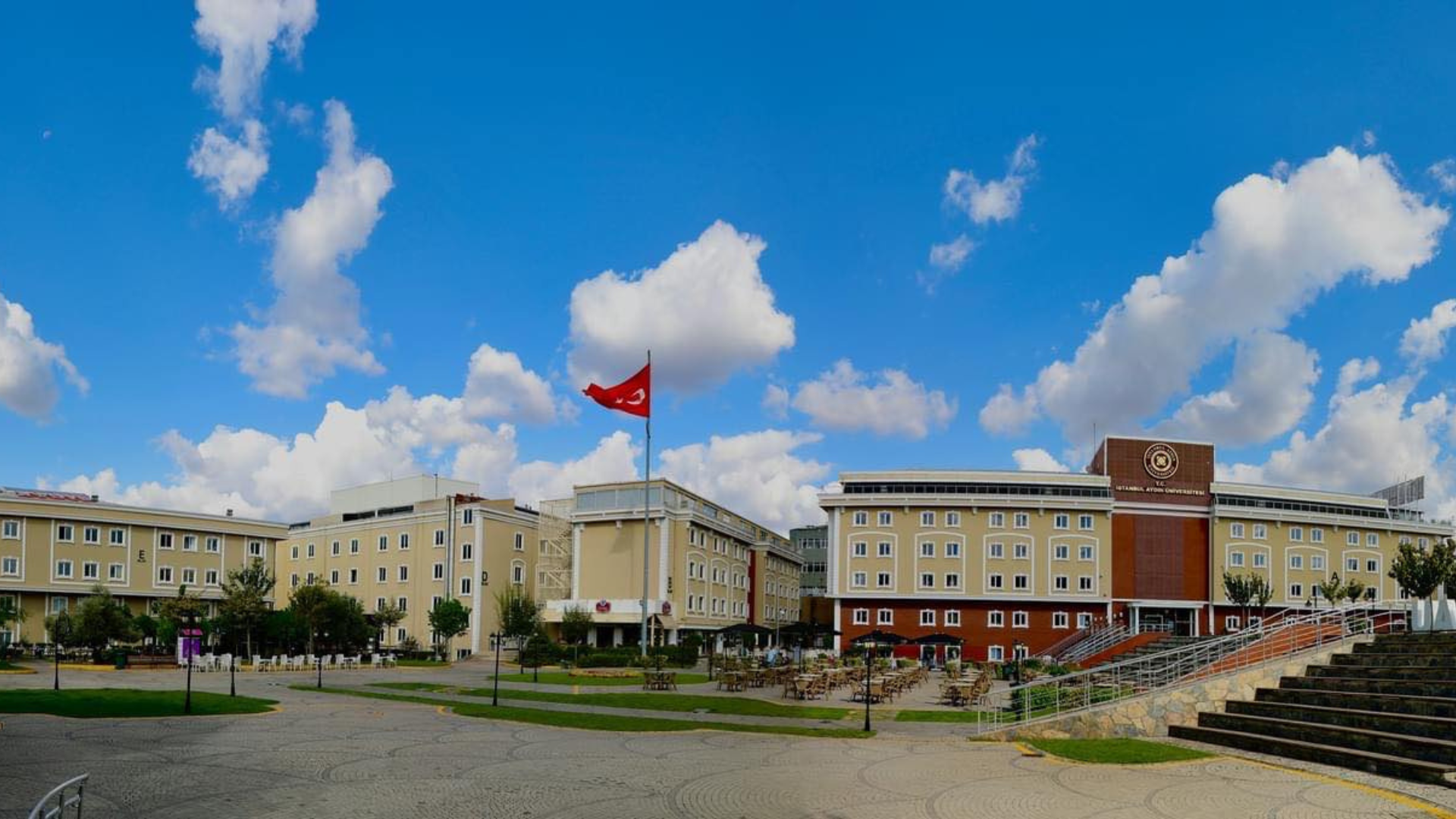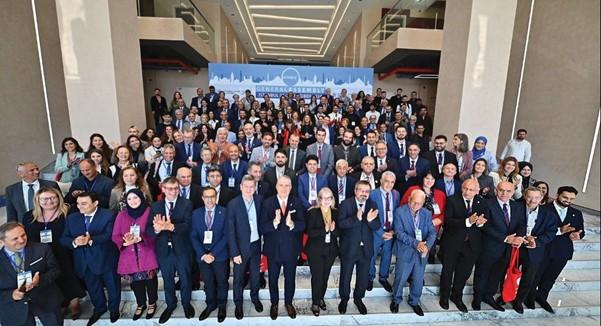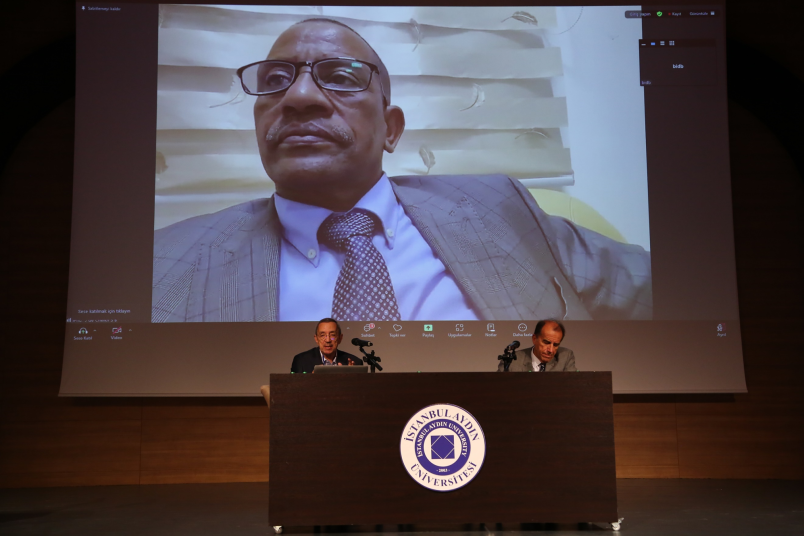
Politecnico reaches Turkey for the UNIMED network General Assembly

On October 23 and 24, the General Assembly of the UNIMED network - Union of Mediterranean Universities was held at Istanbul Aydin University in Turkey. The network gathers over 100 universities from the southern shore of the Mediterranean and more than 50 from the northern shore. As a member, Politecnico di Torino joined the event, which attracted 60 registrants from the northern shore, with half of them from Italy, and 140 from the southern shore.
The focus of the General Assembly was "Boosting University Alliances for Peace and Academic Freedom." Participants were encouraged to reflect on the role of universities during a time marked by war and significant challenges. Members discussed the future and challenges of higher education in the Mediterranean region, particularly regarding humanitarian emergencies and conditions in the Gaza Strip, as well as international cooperation and European programs.
Professor Roberto Zanino, representing Politecnico as a Rector’s delegate for international university networks and European University Alliances, actively participated in the discussion tables.
A significant panel for Politecnico's strategies was "UNIMED for Africa." This dialogue featured Professor Zanino alongside Cheikh Saad Bouh Camara, the President of the University of Nouakchott Al Aasriya in Mauritania, and Wail Benjelloun, the UNIMED Honorary President and former Rector of Mohammed V University in Rabat. Benjelloun also serves as the President of the Conference of Rectors of Universities of Morocco.

The President of the UNIMED network noted that Europe is progressively losing interest in internationalization. Professor Benjelloun highlighted that by 2030, 42% of the world's youth will be African. In this context, Professor Zanino pointed out that “the current debate on higher education in Europe is largely shaped by three significant reports, presented in chronological order: the report by Enrico Letta, which focuses on the fifth freedom within the single market; the report by Mario Draghi, which emphasizes competitiveness; and the report by Manuel Heitor. As Europe faces demographic decline, there will be increasing pressure to attract talent from outside, particularly from Africa. UNIMED has the potential to turn this challenge into a mutually beneficial opportunity.” Professor Zanino further stated that “this issue is not limited to Africa; it is also a concern in other regions, ‘mutatis mutandis’, such as Latin America, where Politecnico holds a strategic leadership position through its role in the Magalhães International University Network.”
Professor Zanino then concluded, "The observation regarding the limited connection to the outside world accurately reflects the current internationalization efforts of several European University Alliances, including our own, Unite!. These efforts remain largely focused on addressing the challenges of harmonizing the various national systems related to European degrees and doctoral programs."
Professor Zanino also provided a brief overview of the TNE project in East Africa, which is coordinated by Professor David Chiaramonti from the "Galileo Ferraris" Energy Department (DENERG). He proposed initiating a collaboration focused on engineering and architecture with a pan-African perspective, involving UNIMED and the international university network CLUSTER. This collaboration aligns with the priorities of sub-Saharan Africa and is in accordance with the goals outlined in Agenda 2063: The Africa We Want.
Cover photo: Istanbul Aydin University Facebook page